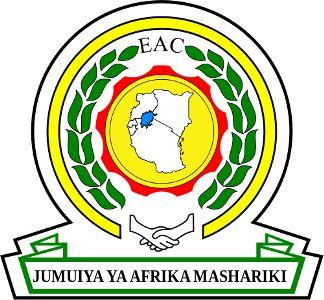East African body rejects S. Sudan, Somalia membership bids
December 4, 2012 (JUBA) – Members of the East African Community (EAC) have deferred a decision to have South Sudan and Somalia as members of the regional body, which currently comprises Uganda, Kenya, Rwanda, Tanzania and Burundi.

In April, however, an EAC heads of state summit held in Bujumbura, Burundi agreed to review the two countries’ application in November, only to defer their bids at last week’s summit held in Nairobi, Kenya.
The Council of Ministers, according to a communiqué issued at the end of the summit, was directed to conduct more negotiations with the world’s youngest nation, taking into consideration the findings in the verification committee’s report.
The Council is the decision making body of the five-member regional bloc.
A country only gains admission to the EAC, if it meets the criteria spelt out in its treaty, signed on 30 November 1999.
The EAC treaty sets out conditions for membership, including adherence to universally acceptable principles of good governance, democracy, rule of law, observance of human rights and social justice.
It however, remains unclear why EAC members rejected South Sudan’s bid, although sources say its periodic conflict with neighbouring Sudan could have dented the young nation’s chance.
Aggrey Tisa Sabuni, an economic advisor to South Sudan President insists his country’s entry into the regional body has both cost and benefits, which need proper studies.
“Member countries of an economic union do not quarrel. Economic union is a good way of maintaining peace, through trade integration and mutual independence,” argued Sabuni.
He however maintained that South Sudan’s EAC membership could mean loss of political independence to a larger more developed regional governments that are used to engaging at the regional and international levels.
“It is difficult to say for certain if EAC membership will provide an economic benefit that warrants the loss of political and economic sovereignty,” he added.
Meanwhile, the summit also approved the different protocols including the EAC protocol on peace and security, protocol on information, communications and technology networks.
In a related development, the EAC and Norway last week signed a financial grant agreement worth $5.3 million. The grant, which extends from 2012-2014, seeks to enhance support for regional integration initiatives.
The funds, disbursed through the EAC’s basket fund mechanism, will also maintain socio-economic development of the EAC, specifically focused on supporting the implementation of the EAC development strategy and provide technical assistance to the regional body.
(ST).
